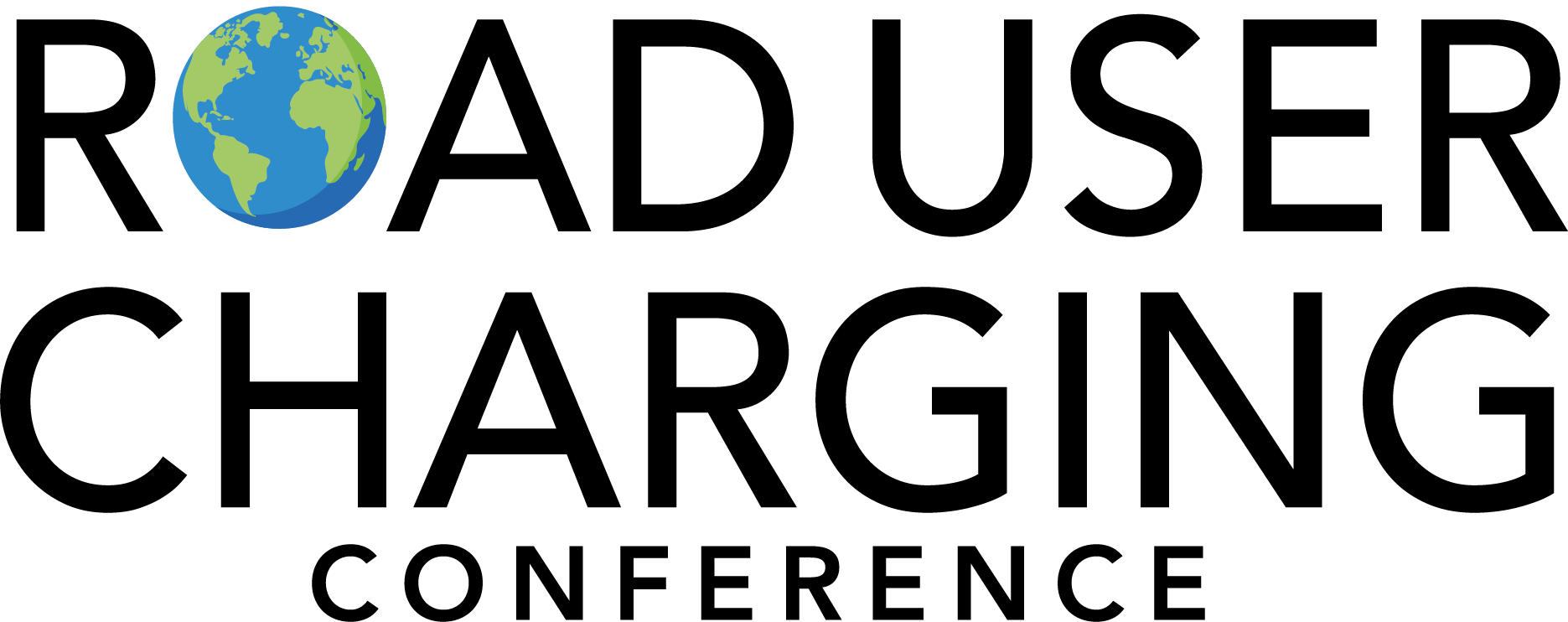Road User Charging Conference Asia Pacific 2025: Meet the speaker – Dr Chintaman Bari, Mahindra University
)
Taking place on 01-02 October at the Four Points by Sheraton Singapore, Riverview hotel, the internationally recognised event will unite senior policymakers, industry leaders and innovators to share best practice in the planning, financing, implementation and operation of tolling, road usage charging (RUC) and mobility pricing schemes across highways, urban roads and cross-border corridors.
Among this year’s confirmed speakers is Dr Chintaman Bari, assistant professor in the Department of Civil Engineering at Mahindra University in Hyderabad, India.
Dr Bari holds a PhD in civil engineering from the Sardar Vallabhbhai National Institute of Technology (SVNIT) in Surat, where his research focused on warrants for toll operation at Indian toll plazas.
His doctoral work formed part of a wider Indo-German collaboration between SVNIT and TU Munich under the DST-DAAD research scheme.
With multiple national and international best paper awards to his name, Dr Bari is recognised for his contributions to transport pricing and infrastructure policy research.
At this year’s conference, he will present a conceptual framework for distance-based dynamic toll pricing in mixed traffic conditions, incorporating variables such as vehicle class, time of day and day of week to calculate fairer, more responsive tolls.
Name: Dr Chintaman Bari
Job Title: Assistant Professor
Organisation: Department of Civil Engineering – Mahindra University
What is the most rewarding aspect of your role?
As an academic and researcher, I find it highly rewarding to meet new students and scholars each year. Their perspectives bring fresh insight to our research challenges.
What is the most pressing challenge for user-financed transportation in 2025?
In developing nations especially, the biggest challenges are limited user acceptance and a lack of public understanding of user-financed policies.
What is your best piece of advice for those implementing user-financed transport schemes?
Value comes through contribution – whether time, money or effort. Good infrastructure is a shared responsibility, and that principle must be communicated clearly.
Does legislation support or hinder innovation in this sector?
Both. Legislation provides structure, safety and standardisation, but outdated or rigid frameworks can restrict progress and adaptation.
How will user-financed transport schemes evolve by 2030?
Schemes will increasingly incorporate environmental externalities – charging for congestion and emissions while incentivising greener, more sustainable modes of transport.
Why are you looking forward to speaking at Road User Charging Conference Asia Pacific 2025?
I aim to share insights into the challenges and methodological adaptations needed for implementing dynamic distance-based tolling in developing nations like India.



